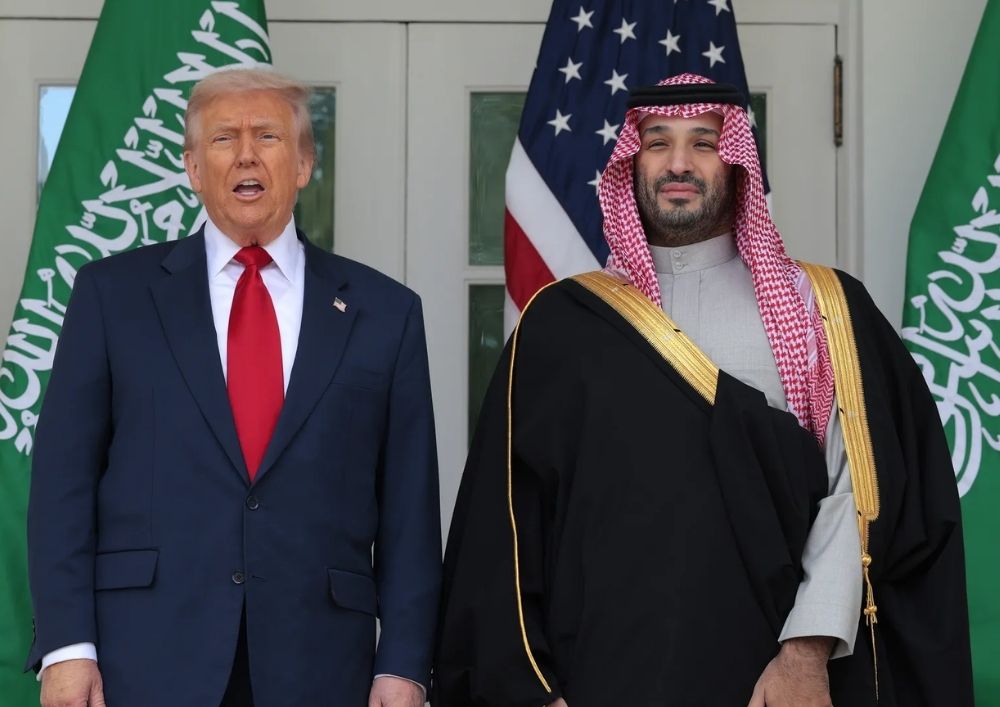WASHINGTON, D.C. – In a significant geopolitical development, former U.S. President Donald Trump has officially designated Saudi Arabia as a major non-NATO ally, marking a substantial upgrade in bilateral strategic cooperation and signalling a deeper political, military and economic alignment between Washington and Riyadh.
The announcement came during a high-profile White House dinner hosted in honour of Saudi Crown Prince Mohammed bin Salman, where both sides formalised what officials described as a “historic strategic defence partnership.” The designation grants Saudi Arabia privileged access to U.S. military technology, accelerated defence procurement, and expanded opportunities for joint military initiatives — placing the Kingdom in an exclusive club of nations with elevated defence status under U.S. law.
According to details emerging from the meeting, Riyadh is now positioned to secure high-end American defence systems, including future access to next-generation combat aircraft and advanced missile capabilities. The deal may also pave the way for the deployment of U.S. munitions or military logistics on Saudi soil, strengthening Washington’s footprint in the region at a time of shifting Middle Eastern alliances.
The enhanced security cooperation is accompanied by massive economic commitments. Crown Prince Mohammed bin Salman reportedly pledged to boost Saudi investment in the United States from an already monumental USD 600 billion to nearly USD 1 trillion, a move welcomed by former President Trump as a catalyst for U.S. jobs, defence contracting, and long-term commercial stability.
However, while the designation places Saudi Arabia closer to the American security system, analysts underline that it does not extend a NATO-style military defence guarantee. The partnership, instead, institutionalises and strengthens a relationship that has for decades functioned through informal arrangements, arms deals and strategic cooperation.
Regional observers note that the decision could reshape the strategic landscape of the Middle East, further boosting Saudi Arabia’s influence at a time when the Kingdom has aggressively expanded its diplomatic presence and military relevance. Critics, however, warn that the move risks fuelling political tensions, especially in light of Saudi Arabia’s ongoing human rights controversies and long-standing friction over its military engagements in the region.
The development represents one of the most decisive expansions of U.S.–Saudi cooperation in recent years — reflecting a shift from oil-centric relations to a broader, more formalised defence and investment partnership with lasting implications for regional balance.
This story has been reported by PakTribune. All rights reserved.



